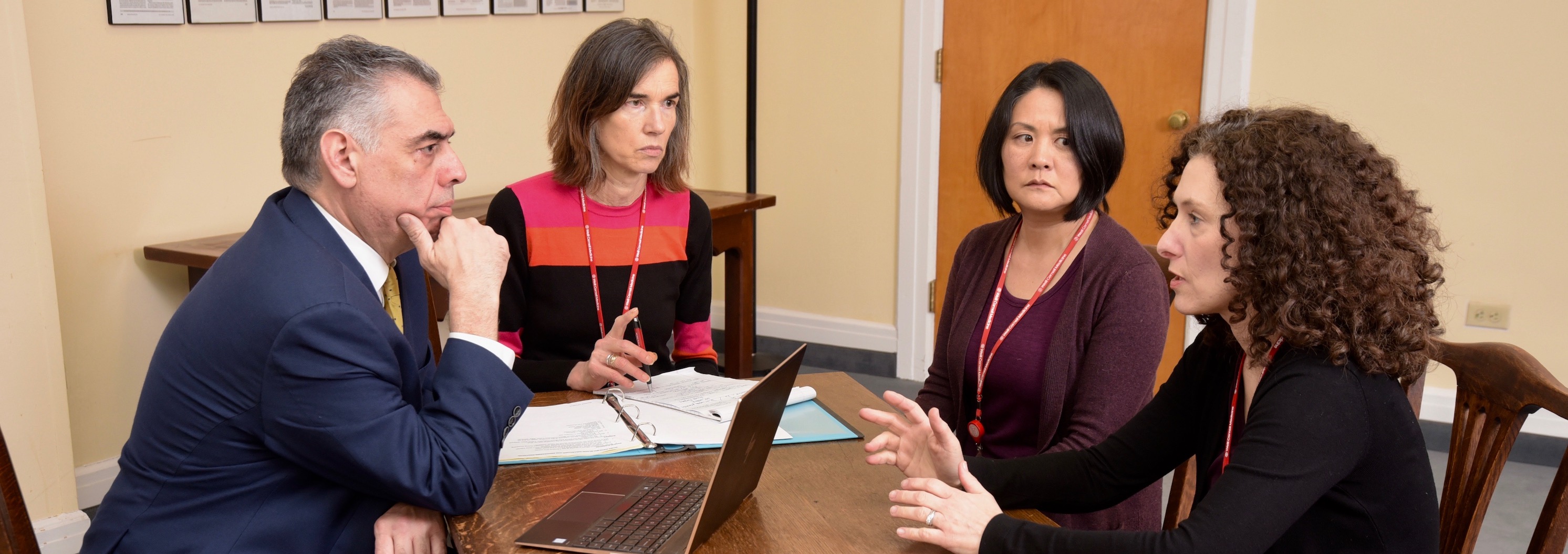PATH Training
About Problem Adaptation Therapy
Problem Adaptation Therapy (PATH) for elders with major depression and cognitive impairment is a home-delivered non-pharmacological intervention that focuses on the patient’s “ecosystem,” which includes the patient, the caregiver, and the patient’s home-environment, to facilitate problem-solving and adaptive functioning. The goals of PATH are to reduce patients’ depression and disability through emotion regulation.
PATH aims to reduce negative emotions and promote positive emotions associated with depression, including depressed mood, hopelessness, helplessness, guilt, anxiety, and anhedonia. It consists of 12 weekly sessions; each session lasts approximately 50 minutes. The tools used to achieve emotion regulation are: a) a hands-on problem solving approach; b) compensatory strategies and environmental adaptations to bypass cognitive, functional and behavioral limitations; c) careful integration of caregiver involvement; and d) engagement in pleasurable activities.
Using these tools, PATH can create an environmentally friendly “ecosystem” that decreases everyday stressors, empowers the patients, instills hope, and promotes emotion regulation.
PATH Training
Attend a two-day training about PATH. The training will go over the theory and structure of PATH, as well challenges that the therapist might face. Dr. Kiosses will also go over case studies, and you will have the chance to roleplay PATH with other training participants.
PATH Certification
In order to become certified in PATH you will need to be supervised for 24 PATH therapy sessions (two patients that each participate in 12 weeks of PATH). After you are supervised you will submit two audiotaped sessions that will be rated by our team for treatment fidelity. You will need to attain a passing grade to become PATH-certified. Clinicians who enroll in the PATH Supervision section will also be given the PATH manual.
If you are interested in PATH training and supervision, please contact Ms. Laurie Evans at 914-682-9100 ext 101-2570 or at lad9011@med.cornell.edu.


